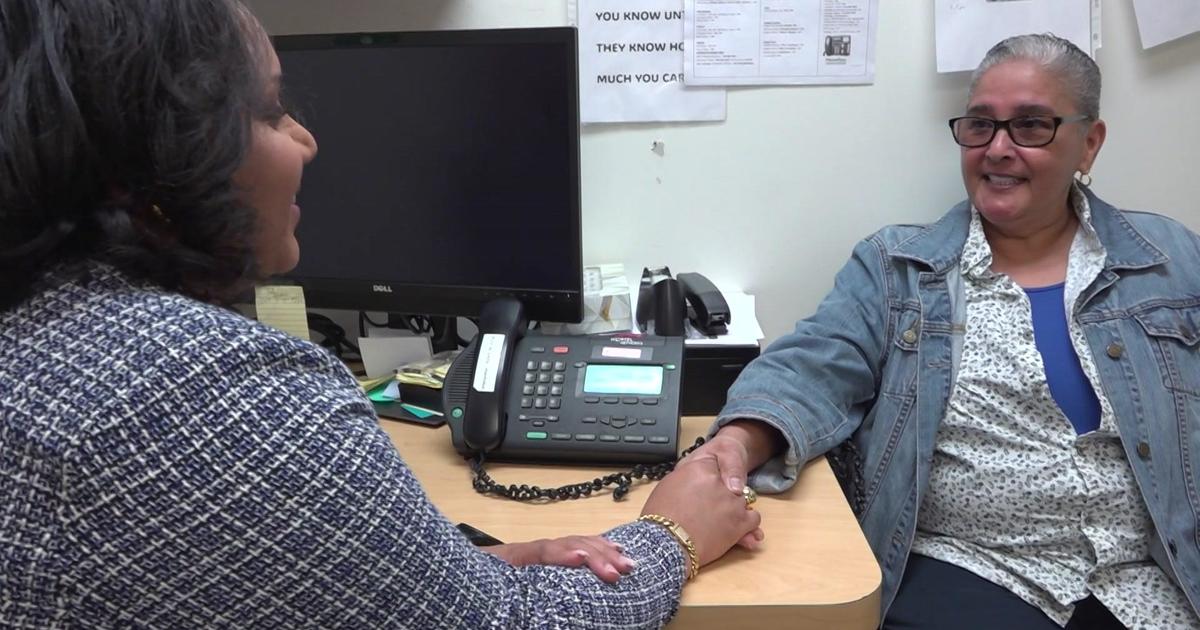Health: Alternative Therapies For Stroke Sufferers
NEW YORK (CBS) ― Nearly 800,000 people will suffer a stroke this year. For those victims, the physical and emotional impact can be devastating.
However, there are some unusual therapies that are proving successful at engaging patients and helping them recover as completely as possible.
There's a delicate beauty everywhere you look in the greenhouse, even in the gnarled hands working with the plants.
Those hands belong to a stroke victim, patients at the Rusk Institute in Manhattan, and they're doing horticultural therapy as part of their rehabilitation.
"We would fully anticipate that something like horticultural therapy is going to help the brain reorganize itself, so someone can use their weakened hand or arm much more effectively than they could before," Dr. Steven Flanagan, chairman of rehabilitative medicine at Rusk Institute, says.
Horticultural therapy is used in conjunction with physical and occupational therapies, but an important benefit to the patient is seeing a tangible result from their task.
"It's very good for the mind and the soul as well, because it reaches out to people's idea of spirituality," senior horticultural therapist Matthew Michrowski says.
"It makes you feel good and makes you feel hopeful, you know, that there is hope to get back on your feet," Avi, a stroke victim, says.
Studies have shown that patients doing horticultural therapy have lower heart rates and say they feel happier and healthier.
From earthy to high-tech, another form of therapy also has some impressive results.
In the "virtual" world of rehabilitation, stroke patients are juggling, swatting and stacking as a form of rehabilitation. They work in front of a green screen and see themselves moving in, and interacting with, an animated environment.
"They don't even know they're exercising, and at the same time they're increasing their range of motion, they're increasing their balance, their muscle strength," Dr. Janet Persaud, associate rehab director, says. "They're motivated. What it's doing for them emotionally and mentally is very rewarding.
The red gloves allow therapists to collect data as patients progress.
"It increased my coordination and makes me strive for more, because I pick up the game to beat the computer and I do my best," stroke patient Robert Stewart says.
"Patients are motivated, they're energetic, they like it," occupational therapist Kerby Coulanges says. "To them it's a game, and we're using it as an assessment tool, so it works both ways."
That makes playing games a win for everybody.
(© MMX, CBS Broadcasting Inc. All Rights Reserved.)



